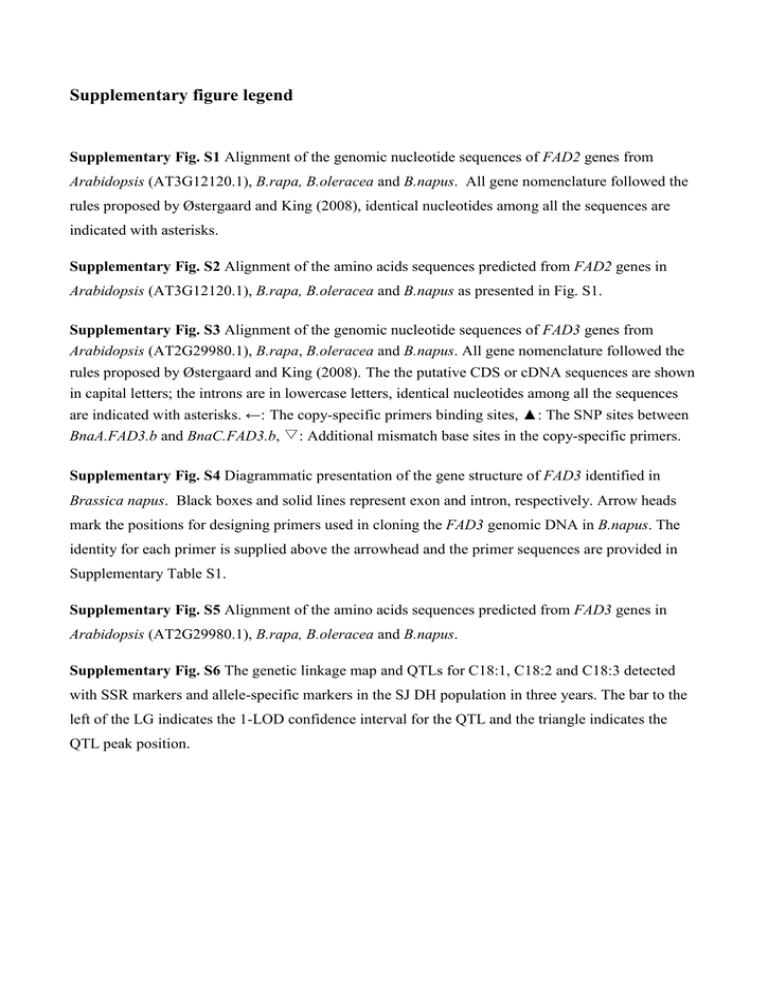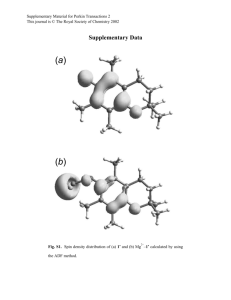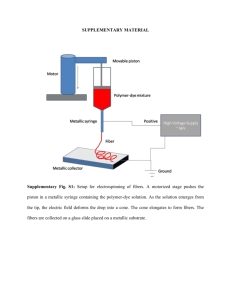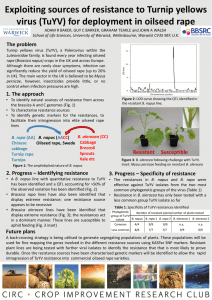Supplementary figure legend
advertisement

Supplementary figure legend Supplementary Fig. S1 Alignment of the genomic nucleotide sequences of FAD2 genes from Arabidopsis (AT3G12120.1), B.rapa, B.oleracea and B.napus. All gene nomenclature followed the rules proposed by Østergaard and King (2008), identical nucleotides among all the sequences are indicated with asterisks. Supplementary Fig. S2 Alignment of the amino acids sequences predicted from FAD2 genes in Arabidopsis (AT3G12120.1), B.rapa, B.oleracea and B.napus as presented in Fig. S1. Supplementary Fig. S3 Alignment of the genomic nucleotide sequences of FAD3 genes from Arabidopsis (AT2G29980.1), B.rapa, B.oleracea and B.napus. All gene nomenclature followed the rules proposed by Østergaard and King (2008). The the putative CDS or cDNA sequences are shown in capital letters; the introns are in lowercase letters, identical nucleotides among all the sequences are indicated with asterisks. ←: The copy-specific primers binding sites, ▲: The SNP sites between BnaA.FAD3.b and BnaC.FAD3.b, ▽: Additional mismatch base sites in the copy-specific primers. Supplementary Fig. S4 Diagrammatic presentation of the gene structure of FAD3 identified in Brassica napus. Black boxes and solid lines represent exon and intron, respectively. Arrow heads mark the positions for designing primers used in cloning the FAD3 genomic DNA in B.napus. The identity for each primer is supplied above the arrowhead and the primer sequences are provided in Supplementary Table S1. Supplementary Fig. S5 Alignment of the amino acids sequences predicted from FAD3 genes in Arabidopsis (AT2G29980.1), B.rapa, B.oleracea and B.napus. Supplementary Fig. S6 The genetic linkage map and QTLs for C18:1, C18:2 and C18:3 detected with SSR markers and allele-specific markers in the SJ DH population in three years. The bar to the left of the LG indicates the 1-LOD confidence interval for the QTL and the triangle indicates the QTL peak position.




